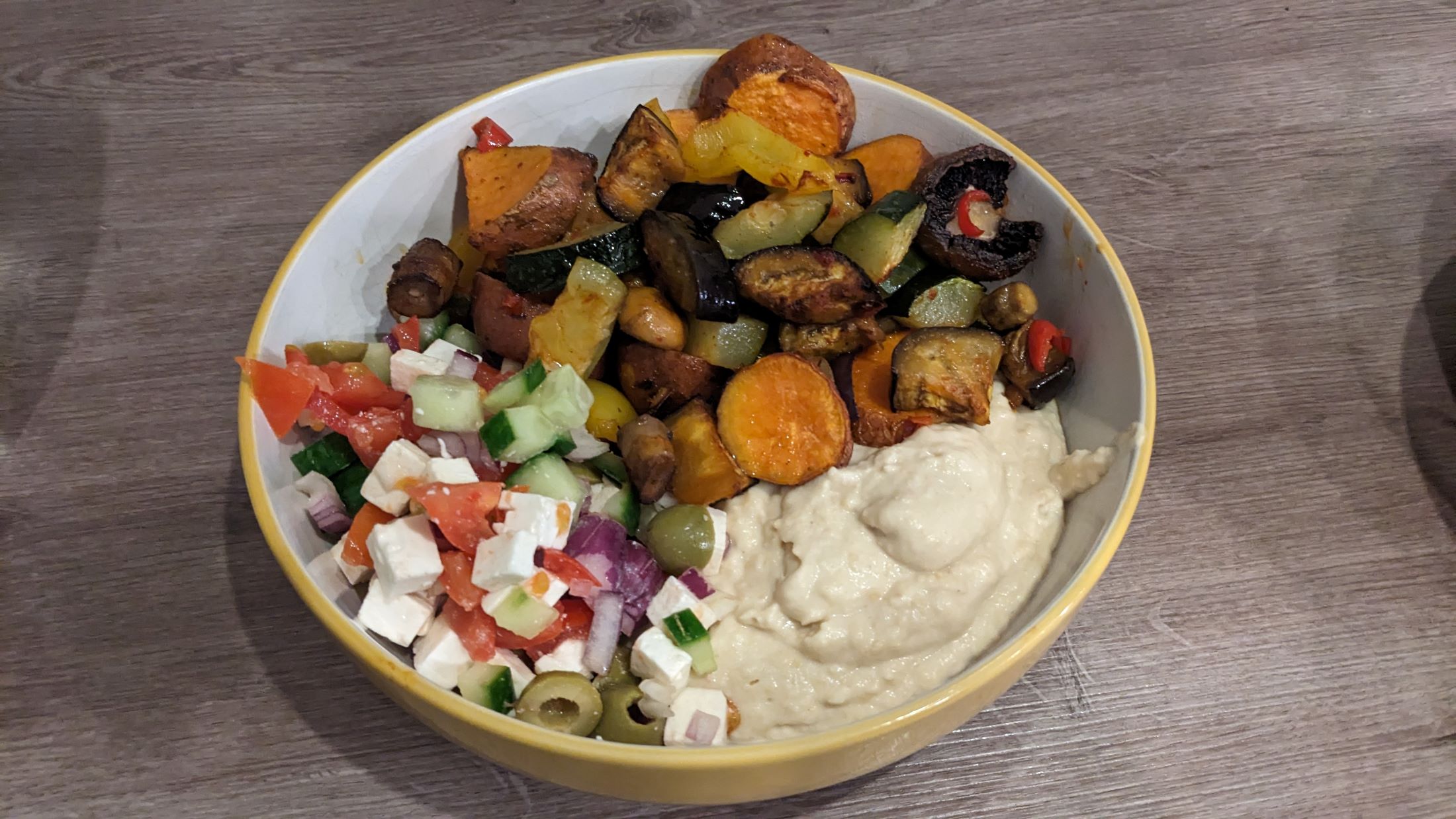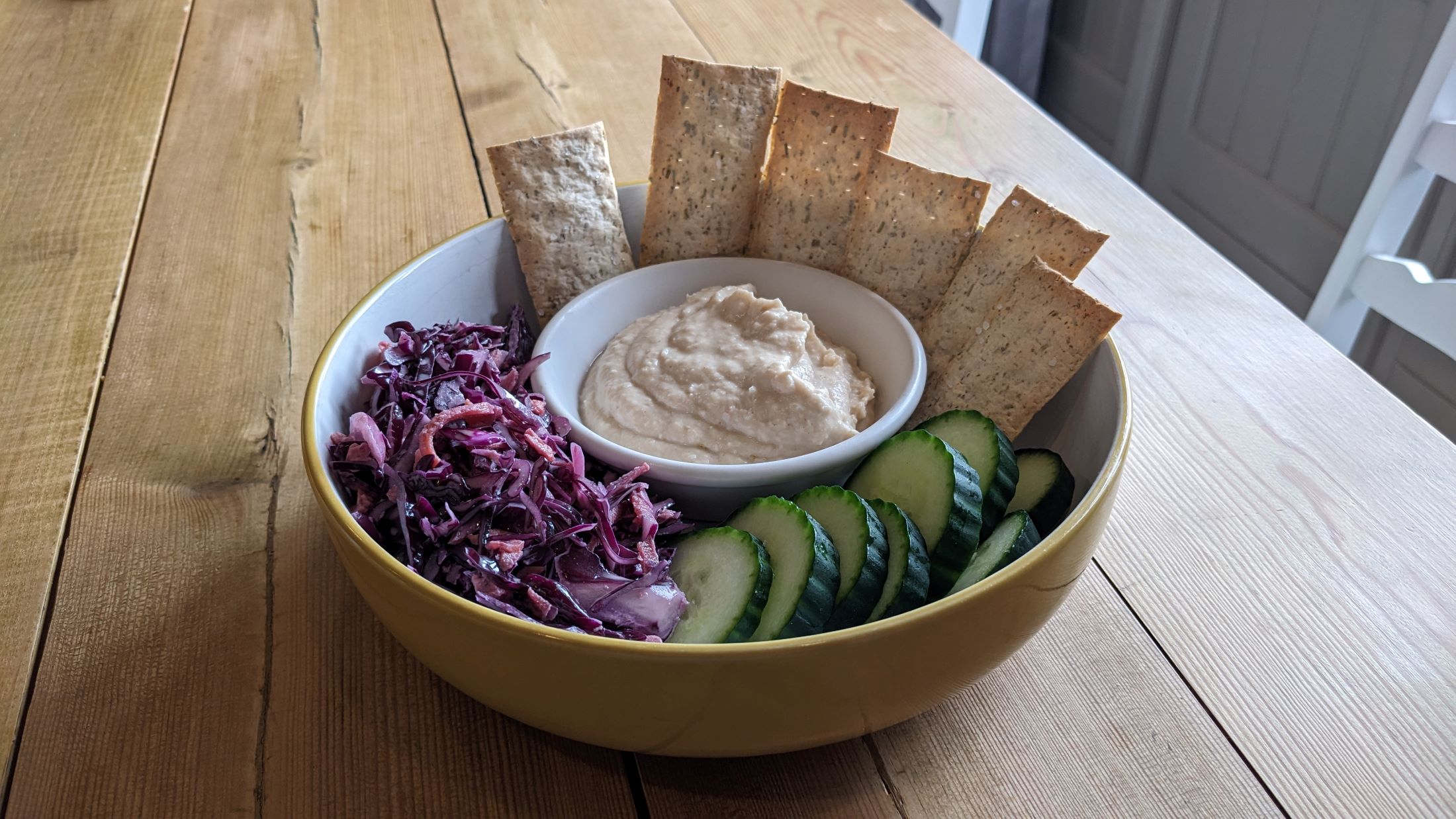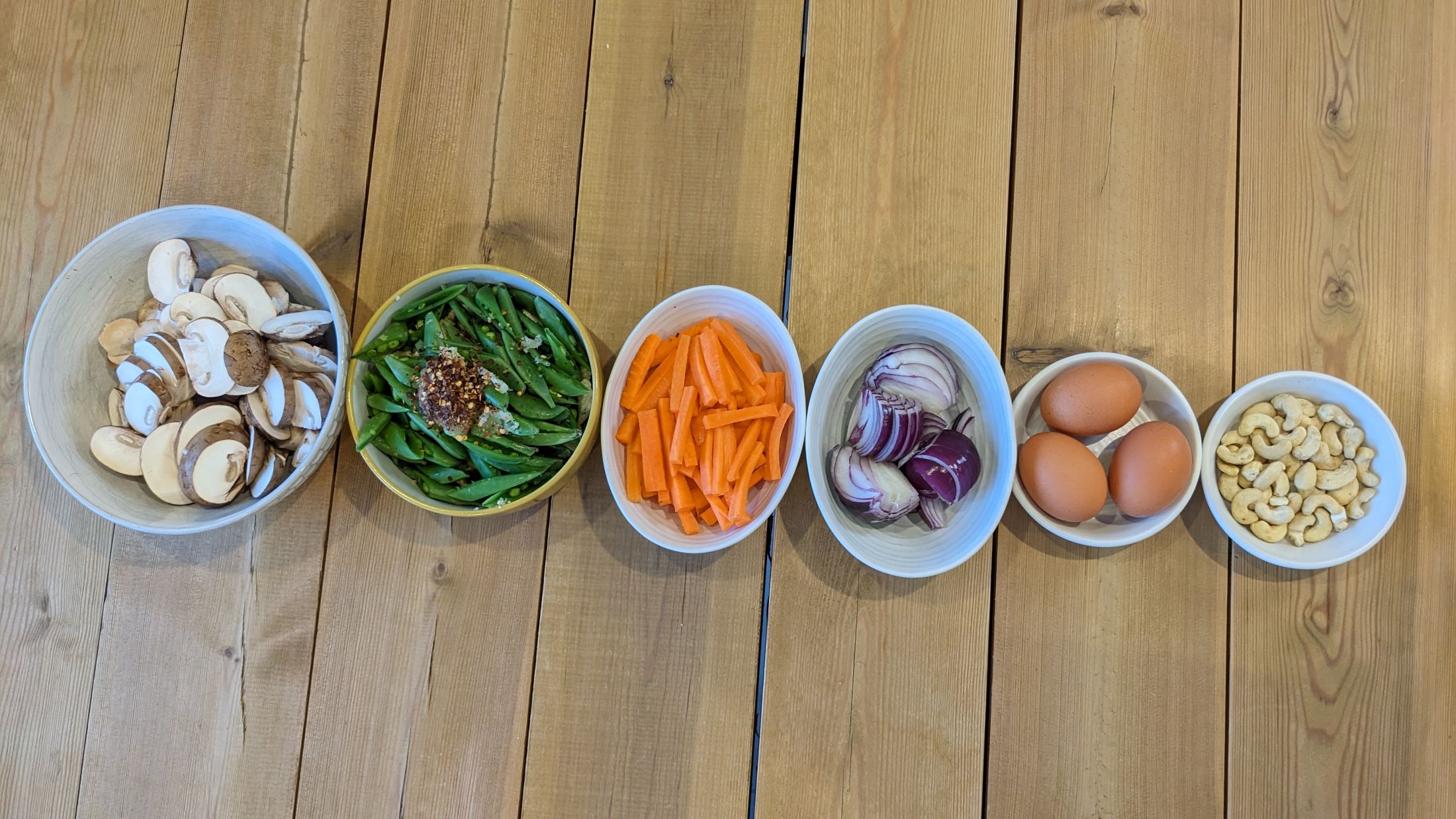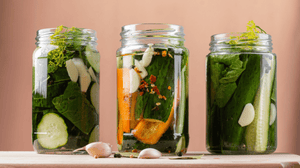
As a Registered Dietitian and the Global Medical Lead at PrecisionBiotics®, I am passionate about exploring ways to improve health through food. As we celebrate Healthy Eating Week (10-14 June) and inspired by Dr. Tim Spector’s ground-breaking research, I’ve embraced the 30 Plants Challenge and will be inviting you to “Get Planty with Katy", with a few of my go-to recipes to help encourage you to incorporate 30 different plants into your diet each week.
Why Aim for 30 Plants?
The key to a healthy microbiome lies in diversity. Our gut is home to trillions of microorganisms that play vital roles in digestion, immunity, and even mental wellness. Feeding this microbiome with a variety of plant-based foods is essential for nurturing a robust and balanced gut ecosystem.
Dr. Tim Spector’s research highlights the importance of consuming a diverse range of plants. By aiming for 30 different plants each week, you introduce a wide array of fibres and nutrients into your diet, promoting a more diverse and resilient microbiome. This diversity supports better digestion, enhances immune function, and can even improve your mood and overall wellbeing.
Benefits of a Diverse Diet:
Enhanced Digestion: A variety of plants supports different beneficial bacteria, improving overall digestion.
Stronger Immunity: A well-nourished microbiome can better support your immune system.
Improved Mood and Well-being: A balanced gut can positively influence your mental wellness.
Get Planty with Katy: Your Guide to a Plantiful Diet
To make the 30 Plants Challenge both enjoyable and achievable for others, I decided to document my own journey over a period of a week and the 'Get Planty with Katy' series is the result; a collection of delicious recipes that celebrate the richness of plant-based ingredients. From colourful traybakes and comforting soups to veggie packed stir-fries and refreshing smoothies, I hope these recipes will inspire you with ideas for how to incorporate a variety of plants into your diet.
Tips to Get Started:
Mix and Match:
Humans are creatures of habit! Force yourself to think outside the box and combine different vegetables, fruits, nuts, seeds, and legumes in your dishes.Try Something New:
Experiment with plants you haven’t tried before. Local farmer’s markets can be a great source of inspiration.Plan Your Meals:
This doesn’t have to mean a rigid daily meal plan, but when you write your grocery list, think about what meals and snacks you want to eat for the week ahead, and prioritise diversity over quantity of the same foods. Planning ahead can also help to minimise food waste!Herbs and spice, and everything nice:
From herbs and spices to popcorn and nut butters, there are lots of surprising foods that count towards your plant tally.Partner up:
Accountability is King! Why not get planty with a friend, family member or loved one? This is a great way to share tips, recipes and maybe even a little friendly competition!
Celebrate World Microbiome Day
Mark your calendars for World Microbiome Day on June 27, a day dedicated to raising awareness about the importance of microbiome health. Embracing the 30 Plants Challenge is a fun and flavourful way to boost your gut health and overall wellness.
Join me on this journey to better health and discover how fun and flavourful eating a variety of plants can be. Together, let's nourish our microbiomes and embrace a healthier, more vibrant lifestyle!












